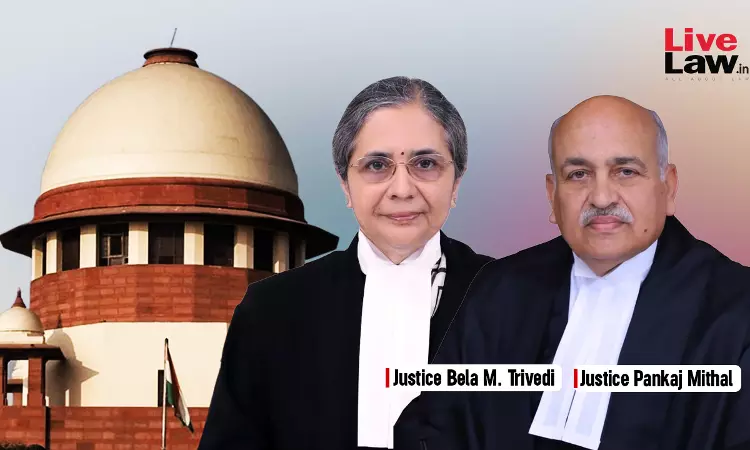Recently, the Supreme Court reiterated that a Judicial Magistrate cannot be said to have taken cogniznance of an offence by directing an investigation by the police under Section 156 (3) of the Code of Criminal Procedure.Reversing the findings of the High Court, the bench comprising Justices Bela M Trivedi and Pankaj Mithal while referring to the case of Devarapalli Lakshminarayana Reddy...

